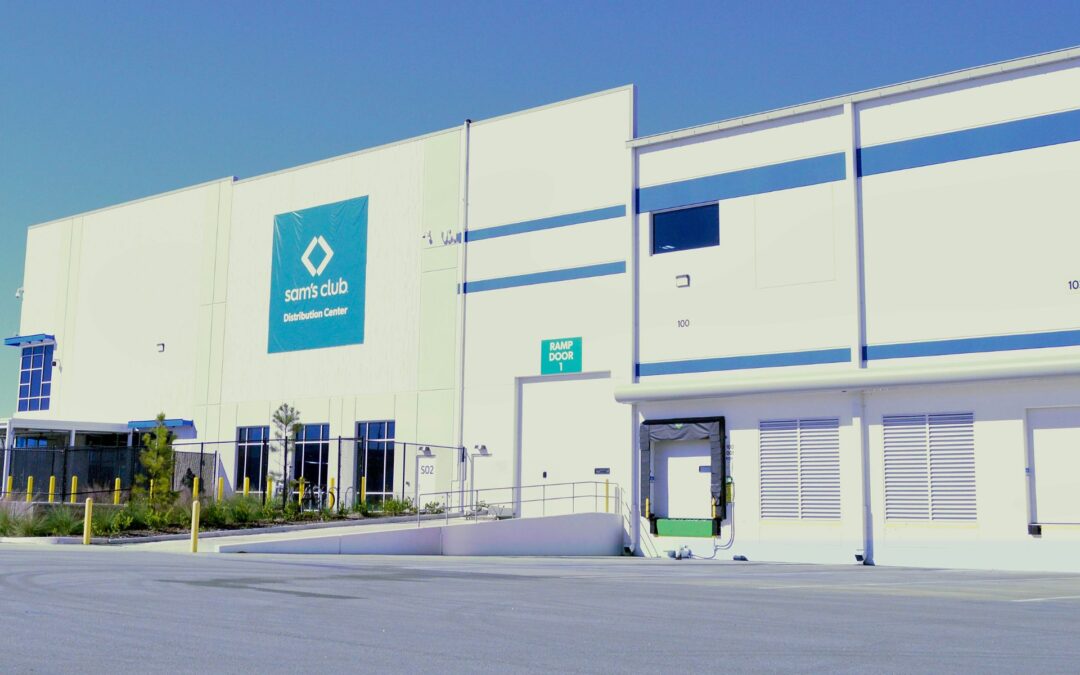Best Buy second-quarter sales and earnings slipped — although not as much and Wall Street expected — as it struggled against headwinds and comparisons.
Adjusted for one-time charges, earnings per diluted share were $1.54 versus $2.98 in the year-before quarter, according to the company.
Despite the decline, Best Buy beat a $1.27 per adjusted diluted share analyst consensus estimate published by Yahoo Finance as well as a revenue estimate of $10.24 billion.
Comparable sales slipped 12.1% in the quarter year over year with domestic comps down 12.7% and international comps down 4.2%. Online comp sales declined 14.7% in the period year over year.
Best Buy posted revenue of $10.33 billion versus $11.85 billion in the year-prior quarter. Domestic segment revenues were $9.57 billion versus $11.01 billion in the year-past period. Operating income was $371 million versus $797 million in the year-earlier quarter while adjusted operating income slipped to $427 million from $821 million in the 2021 period.
In a conference call, Corie Barry, Best Buy CEO, said the company had seen some shifting in purchase patterns in favor of trading down, especially in televisions and, in general, of sales event purchasing. She noted that appliance comps in the United States slipped slightly but only after a 30% growth in the 2021 quarter. And she added that supply chain challenges had begun to normalize.
In announcing the financial results Barry said, “Our comparable sales were down 12.1% as we lapped strong comparable sales growth last year of 19.6%. Our online sales penetration, at 31% of our total domestic sales, is almost twice as high as pre-pandemic Q2 FY20 while our diluted EPS grew over 40% versus Q2 FY20. We are clearly operating in an uneven sales environment. As we entered the year, we expected the consumer electronics industry to be softer than last year following two years of elevated growth driven by unusually strong demand for technology products and services and fueled partly by stimulus dollars. The macro-environment has been more challenged due to several factors and that has put additional pressure on our industry.”
In response, Barry said, “We are focused on balancing our near-term response to difficult conditions and managing well what is in our control, while also delivering on our strategic initiatives and what will be important for our long-term growth. This includes actively assessing further actions to evolve our operating model, manage profitability and iterate on our growth initiatives. Our strategy, and our confidence in it, remains unchanged. We have exciting opportunities ahead of us in a world that is more reliant on technology than ever.”





